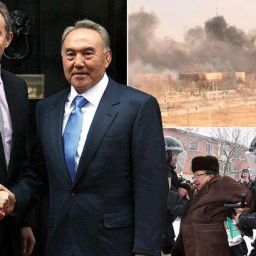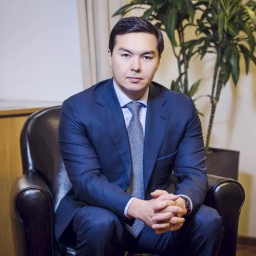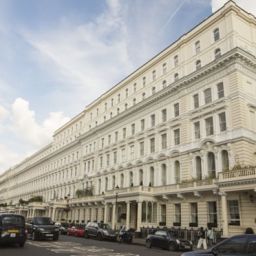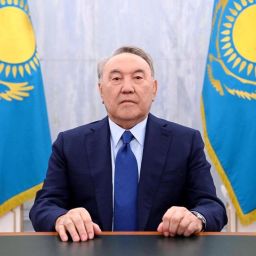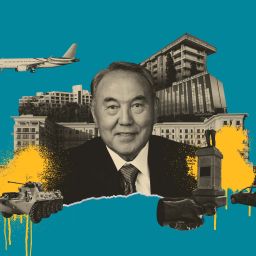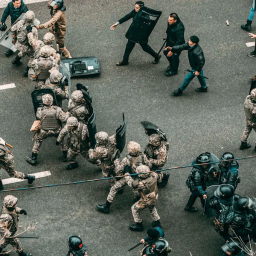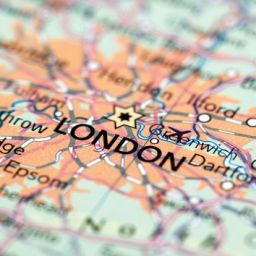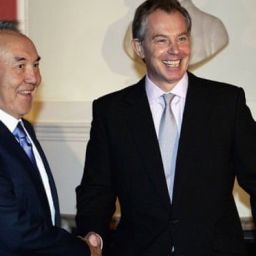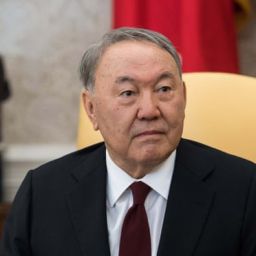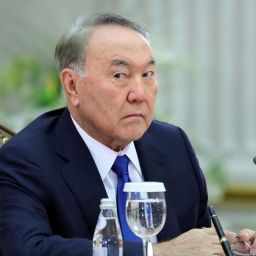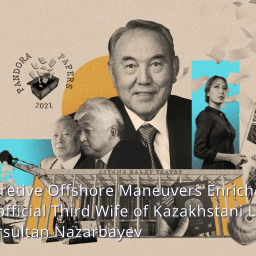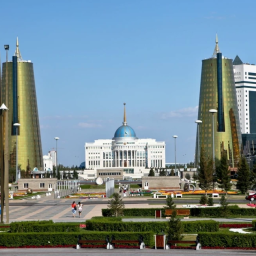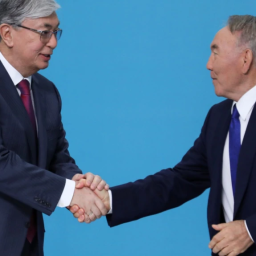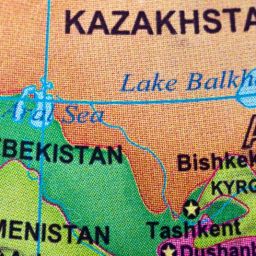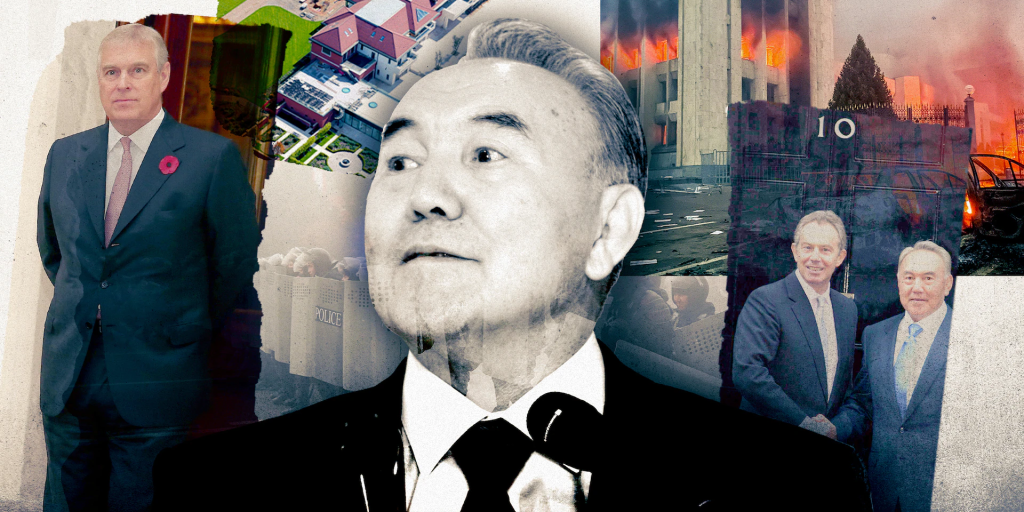
Bloody protests against country’s ruling elite throw relationship under fresh scrutiny
Nestled in the Berkshire countryside not far from Windsor Castle, a sprawling mansion built by one of Kazakhstan’s wealthiest oligarchs occupies an estate formerly owned by Prince Andrew.
Sunninghill Park, a wedding gift from the Queen to her second son, was bulldozed by oil and gas businessman Timur Kulibayev after he purchased it from the Duke of York for £15m – a hefty £3m above the asking price.
While its replacement – featuring six bedrooms, a tennis court and steam, ice and sauna rooms – might simply seem a display of lavish wealth, critics say it is emblematic of the troubling relationship between the British establishment and Kazakhstan ruling elite.
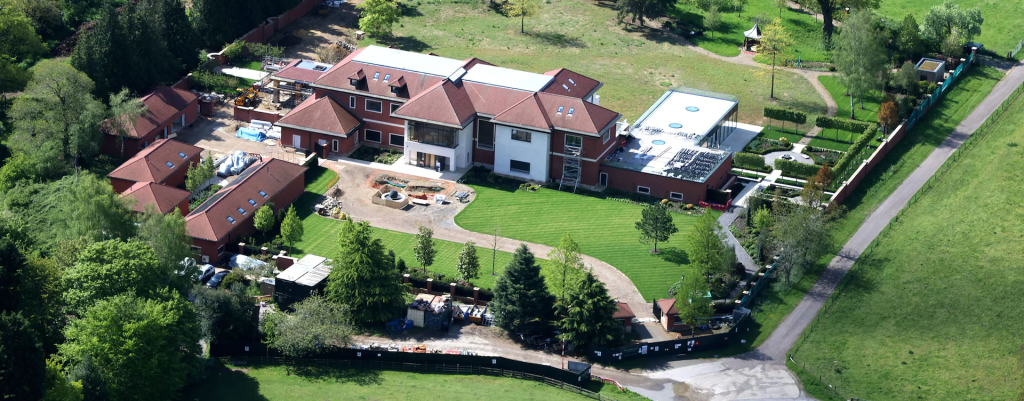
The relationship spans members of the Royal Family, top politicians, big businesses and lawyers, opening the UK to a flood of Kazakh money.
With Kazakhstan now gripped by unrest, and its government opening fire on citizens amid a crackdown, these links are facing renewed scrutiny.
For Prince Andrew, the embarrassment comes at an unwelcome time amid ongoing controversy linked to his friendship with paedophile Jeffrey Epstein.
He is a former goose-hunting partner of Nursultan Nazarbayev, the de-facto autocratic ruler of Kazakhstan for 30 years and in 2007 he sold the Sunninghill estate to Kulibayev, Nazarbayev’s son-in-law.
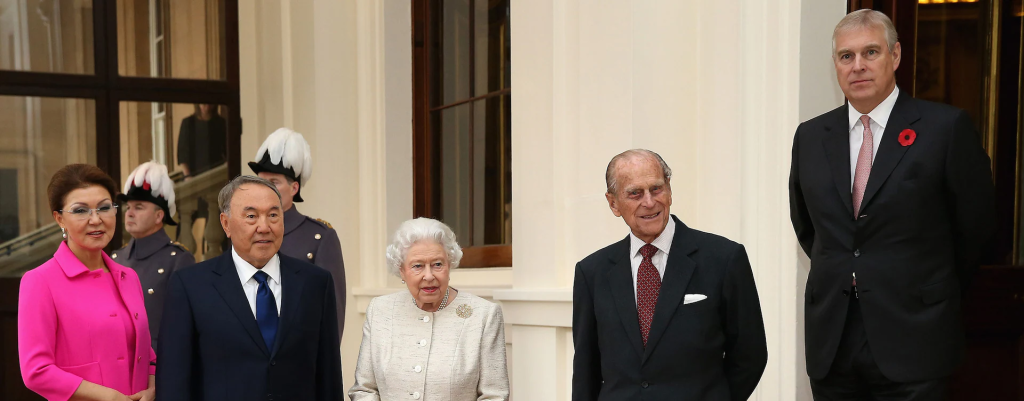
The deal raised eyebrows over why Kulibayev had paid over the odds for the property. The relationship seems to have led to other potential benefits for Kulibayev, with the Duke’s office later attempting to facilitate a meeting between him and representatives of Coutts, the Queen’s bank. Experts are quick to point out, however, that Prince Andrew is by no means the only high-profile British figure to have curried favour with Kazakhstan’s elite.
In the years after they left Government, Sir Tony Blair and several New Labour allies also cultivated links with the Nazarbayev regime.
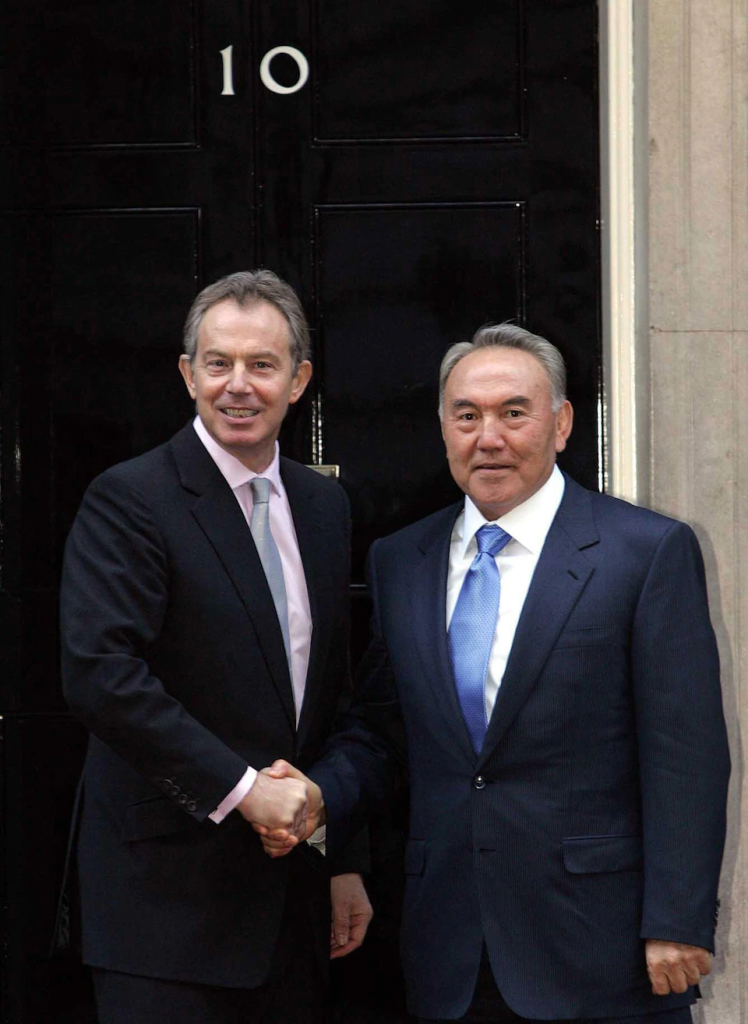
A former member of the Soviet Union’s top decision-making body, the “politburo”, Nazarbayev has ruled Kazakhstan since the fall of communism in 1991, presiding over the suppression of free speech and what US diplomats described as a “cesspool” of corruption.
Nazarbayev’s government first hired Sir Tony as a consultant after the 2011 Zhanaozen massacre, when Kakazh police killed at least 14 protesters.
The former prime minister advised Nazarbayev that the deaths, “tragic though they were, should not obscure the enormous progress” Kazakhstan had made.

He also appeared in an official promotional video, heaping praise on the country for its “extraordinary economic potential” and “cultural diversity”. At the time, Human Rights Watch said it portrayed a “sanitised image” of the “repressive” country.
Sir Tony’s involvement with Kazakhstan is likely to have been fruitful. His commercial business, wound up in 2016, offered its services for at least £5m per year, leaked documents showed. It was later reported to have made as much as $13m annually from the arrangement.
A spokesman for Sir Tony said he chose to work with Kazakhstan because, “of all the ex-Soviet countries in the region, they had probably made most progress economically… Kazakhstan has been an ally of the West… and is the only country which has willingly yielded up its nuclear weapons.”
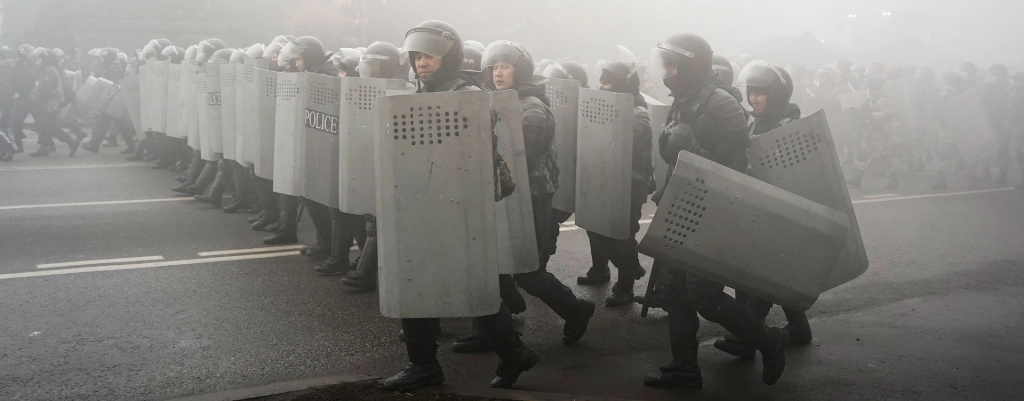
Other Labour cabinet ministers also fostered links with the Kazakhs.
Former business secretary Lord Mandelson spoke at events organised by Kazakhstan’s sovereign wealth fund, and former foreign secretary Jack Straw provided advisory services to the Eurasian Council on Foreign Affairs for £12,500 a year, which at the time was funded by the Kazakh foreign ministry.
Portland Communications, founded by Blair’s former Downing Street spokesman, Tim Allan, also did work for the country’s government.
Meanwhile, Lord Maude, a former cabinet office and trade minister under David Cameron, has provided advice to Nazarbayev’s regime through his consultancy firm.
It has been matched by a flood of investment in British property by Kazakh elites, while bankers and lawyers have cashed in from a string of London listings by the country’s businesses.
Kazakh mining giant Eurasian Natural Resources Corporation (ENRC) floated in London in 2007 with the help of advisers at Deutsche Bank, PwC and Herbert Smith.
The appointments of chairman Sir David Cooksey, a well-known venture capitalist, as well as directors Sir Ken Olisa and Sir Richard Sykes, the former chairman of GSK, further burnished its image of respectability. ENRC went private again, however, after the UK’s Serious Fraud Office launched an investigation into alleged corruption at the company. ENRC denies any wrongdoing. Sir Ken and Sir Richard separately left after clashing with the firm’s oligarch owners.
Sir David later said he regretted serving as chairman “because I think I have a strong reputation and I gave more credence to the company than it deserved”.
Other major Kazakh businesses listed in London include copper miner Kaz Minerals, state atomic business Kazatomprom and Halyk Savings Bank, which is controlled by Kulibayev and his wife Dinara, daughter of Nazarbayev.
Meanwhile, a report published by Chatham House in December, entitled The UK’s Kleptocracy Problem, revealed at least 34 properties have been snapped up by Kazakh elites for about £530m.
The Nazarbayev connection
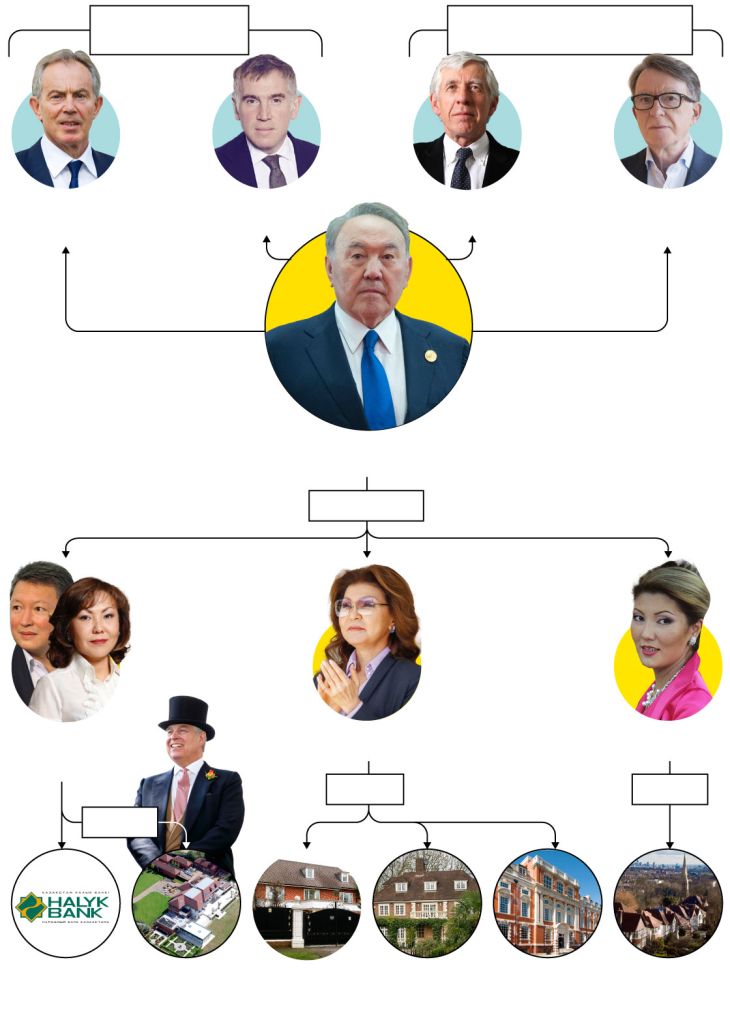
It said Nazarbayev’s family owned around £330m worth, though the true amount is likely to be higher due to the ownership of some being obscured by offshore companies with complicated structures.
British law enforcement recently lasered in on £80m worth of property owned by Dariga Nazarbayeva, another of Nazarbayev’s three daughters and a top Kazakh politician – and her son Nurali Aliyev.
The National Crime Agency froze the three homes: a high-security mansion in Hampstead’s “billionaire’s row”, another in Highgate and a luxury apartment in Chelsea, using an unexplained wealth order (UWOs) – tools introduced in 2018 to help crack down on suspect cash.
It alleged the properties had been paid for by Rakhat Aliyev, Dariga’s ex-husband and a former member of the Kazakh government, using illicit funds. Aliyev died in an Austrian jail seven years ago after being charged with murder.
The UWO’s were successfully challenged in the High Court after Dariga brought in lawyers from top firm Mishcon de Reya.
They argued the properties were not associated with Aliyev and she had an “independent life as an economically-active woman”, with judge Ms Justice Lang branding the NCA’s assumption that Aliyev was the source of the funds “unreliable”.
Lang accepted some of Nazarbayeva’s wealth came from sugar company JSC Kant, received in her divorce, but said this was a “legitimate business”. Lawyers for Dariga and her son said the High Court held that the NCA’s “case had been ‘flawed by inadequate investigation into some obvious lines of enquiry’, and that it had ‘failed to carry out a fair-minded evaluation’ of the information provided” by Mischon de Reya on behalf of their clients.
Researchers behind the Chatham House report raised doubts, however, pointing out that the official Kazakh prosecutor’s department – controlled by the Nazarbayev regime – was behind the assurances that no illegally acquired assets were transferred in the divorce deal.
Dariga also owns £140m worth of property in Baker Street, including 221B, the fictional address of detective Sherlock Holmes.
Separately, Aliya Nazarbayeva, Nazarbayev’s third daughter, recently raised eyebrows when she transferred $300m out of her country and went on a spending spree. She bought a $25m Challenger Bombardier private jet, $14m worth of other properties in Dubai – and a £9m house in Highgate.
Professor John Heathershaw, a Central Asia expert at Exeter University who co-authored the Chatham House report, says while the elite have benefited greatly from Kazakhstan’s rich pool of resources, many remain repressed and live in poverty.
He has argued for tougher scrutiny of wealth flowing out of Kazakhstan and into the UK and says that, for a start, property ownership needs to be far more transparent.
While the British government pledged to bring in a public register of foreign owners of properties five years ago, it has yet to do so.
“If you and I buy a property in Britain, the Land Registry has a record, we know who owns it,” Heathershaw explains. “But if you’re wealthy enough, you do it through a shell company, and then you hide the real ownership of that property.”
“That means our loose system of self regulation functions really badly, because no light is being shone on it.”
Heathershaw also warns UK law enforcement is underfunded and outgunned by the army of lawyers and PR advisers Kazah elites can afford.
Tom Mayne, another expert at Exeter University, says part of the problem is that corrupt countries’ regimes often try to legitimise illicit gains through government cronyism and control of the legal system. It means money that would otherwise be thought as suspect can be spent in Britain with few questions asked.
“We should have a list of kleptocratic countries and we should say that any transactions over a certain amount have to be reported, so there is a record if it turns out to be problematic later,” he adds.
The suggestions may find receptive ears in Westminster, where there are growing calls for tougher scrutiny of assets owned by Kazakh elites following the recent crackdown.
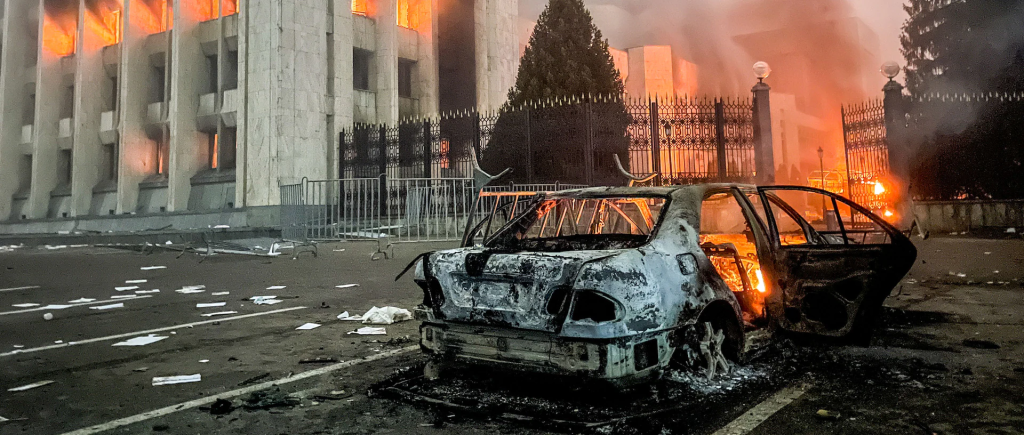
Tory MP Tom Tugendhat, chairman of the Foreign Affairs Committee, last week told the Telegraph that “those who violate the human rights of their citizens should not be able to enjoy the privilege of holding wealth in the UK”.
According to Heathershaw, taking stronger action would show Boris Johnson’s administration is serious about championing the rule of law on the world stage.
“I think it’s really important to demonstrate that there are costs to accumulating wealth in this way,” he says.
“The test for the British government is whether it’s prepared to stick its neck out politically.”
Original source of article: https: https://webcache.googleusercontent.com/
